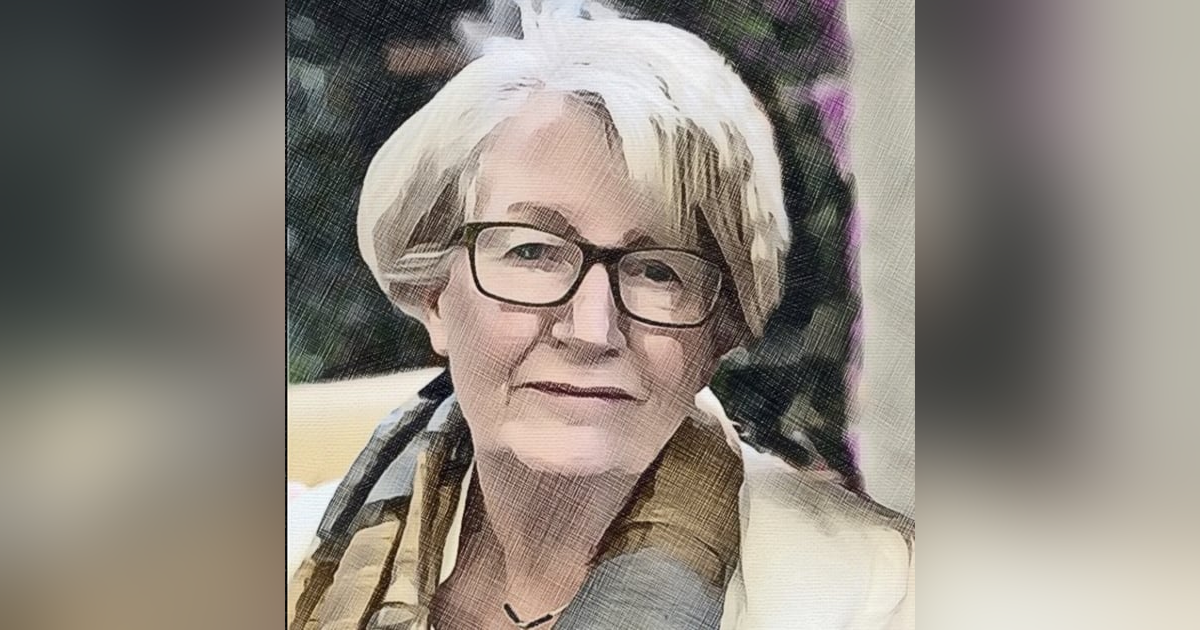#73: Ethics, trust and the mythical 'gold standard'. With Dr Tanya Stephens

It’s very easy to get stuck in a mindset of “I’ve chosen THIS thing, so all other things are off the table, because once you choose THIS thing, then THESE are the things I HAVE to do." But who says we have to?
Dr Tanya Stephens' career is that it’s not just one thing. Her story clearly demonstrates that you don’t HAVE to do anything in a certain way. Clinical practice doesn’t have to take up all your time and exclude other interests. Practice ownership doesn’t have to be a ball and chain. Having young kids doesn’t have to mean you can’t run a business. Research doesn’t have to be done just by 'researchers'.
Dr Tanya Stephens is a small animal practice owner and practitioner who still very much enjoys practice. As a practitioner, she is particularly interested in professional ethics and promoting evidence-based medicine. She is also a wildlife researcher with original research on galactosaemia in kangaroos. Her interests lie in animal welfare, research, evidence-based medicine, professional ethics, wildlife and sustainable agriculture and she is a regular presenter and published author on these topics. She is the editor of One Welfare in Practice: the Role of the Veterinarian and is a Fellow of the Royal College of Veterinary Surgeons. Tanya is past President of the ANZCVS Animal Welfare Chapter, past President of AVAWE, the welfare and ethics branch of the AVA, an exec member of AVCB, which is the Conservation Biology branch of the AVA, Chair of the AVA’s Animal Welfare Trust, honorary consulting veterinarian for the Children’s Medical Research Institute, veterinary member of the NSW Civil and Administrative Tribunal, Chair of the NSW Kangaroo Management Advisory Panel and member of the Kangaroo Management Taskforce plus the Chair of the NSW Greyhound Welfare Integrity Commission Animal Welfare Committee.
Jump in with us to hear how Tanya followed her curiosity to create a career around what worked for her. Of course, we also talk about ethics and the line between thorough and too much, trust, and why Tanya thinks we might be losing it, the perils of defensive practice, the concept of "gold standard" and why aiming for it might not always be the best idea, how YOU play a key role in animal welfare in your consult room and beyond, and much much more.
Go to thevetvault.com for show notes and to check out our guests’ favourite books, podcasts and everything else we talk about in the show.
If you want to lift your clinical game, go to vvn.supercast.com for a free 2-week trial of our short and sharp highly practical clinical podcasts, or join us live and in person in Noosa from 22-25 November for our first ever Vet Vault Live! with Prof David Church and Prof Jill Maddison.
We love to hear from you. If you have a question for us or you’d like to give us some feedback please get in touch via email at thevetvaultpodcast@gmail.com, or just catch up with us on Instagram.
And if you like what you hear then please share the love by clicking on the share button wherever you’re listening and sending a link to someone who you think should hear this.






